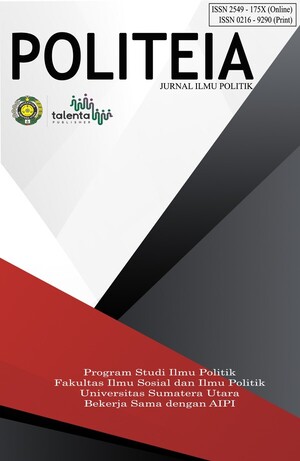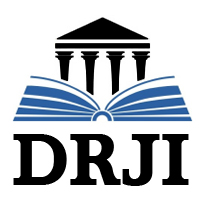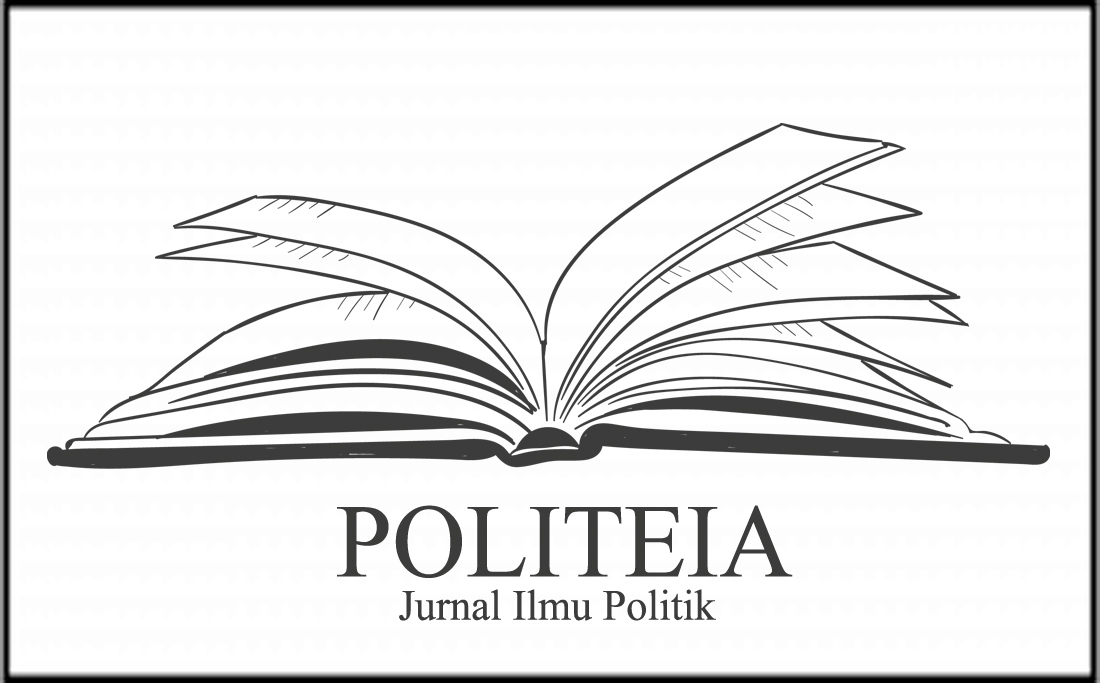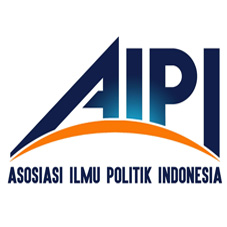Studi Mazhab Frankfurt School Jurgen Habermas Dalam Diskursus Etika Politik Indonesia
DOI:
https://doi.org/10.32734/politeia.v16i2.15048Keywords:
Frankfurt School, Habermas Discourse, Indonesian Political ethicsAbstract
This study seeks to identify two principles in Jurgen Habermas's discourse, namely Indonesian universal political ethics and Indonesian discourse political ethics. Done by implementing a qualitative description approach with the type of literature study. Data consists of documents that include books, journals, and relevant research results. The collected data will then be understood, recorded, and phrased and then analyzed by actualizing Habermas's discourse theory which contains (Universal Ethics) and (Discourse Ethics). So that conclusions can be drawn. This study states that in universal ethics, the formulation and implementation of the principles of universal political ethics Indonesia uses the philosophy of Pancasila because it is identified as the basis of the state and ideology of the Indonesian nation. Thus, all legal doctrines and legal political mechanisms in Indonesia need to contain the values contained in Pancasila. Meanwhile, discourse ethics states that the ethical principles of Indonesian discourse are carried out with the mechanism of the concept of democracy which focuses on a discourse in a public space. Therefore, the moral principles of ethics only need to be applied in the realm of legal systems and politics (Universal Ethics) not in the realm of democracy (Discourse Ethics). Because discourse upholds the principle of freedom, there is no intervention and does not require moral verification by all participants like universal ethics.
Downloads
Downloads
Published
Issue
Section
License
Copyright (c) 2024 Politeia: Jurnal Ilmu Politik

This work is licensed under a Creative Commons Attribution-ShareAlike 4.0 International License.














